How it works
With the cardiac arrest detection and alerting capabilities of the CA Rescue™ Watch, an alert is immediately issued to first responders during a suspected cardiac event. The victim’s GPS-derived coordinates and identification are promptly sent to a dedicated external server. Once it has received the alert and GPS coordinates, the server instantly contacts the nearest emergency medical services and nearest first responders.
Our cardiac arrest wearable device can be pre-programmed with specific locations, including the victim’s office, home, or fitness facility. This is designed to facilitate identification of nearest first responders and an even faster response time. From there, they have an increased chance of survival and recovery.
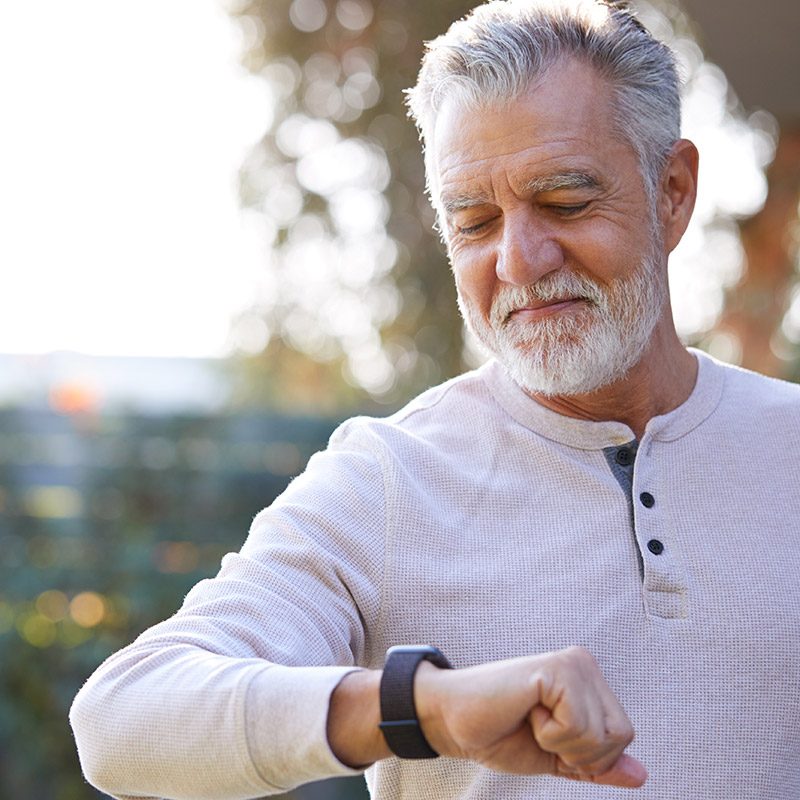
Monitor Vital Signs
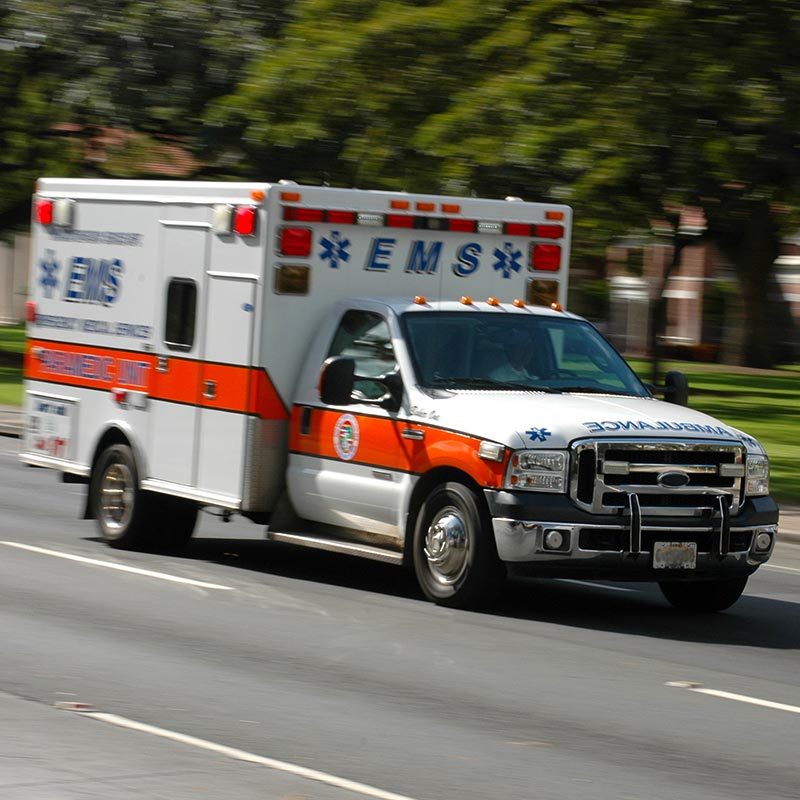
Emergency Cardiac Arrest Alert
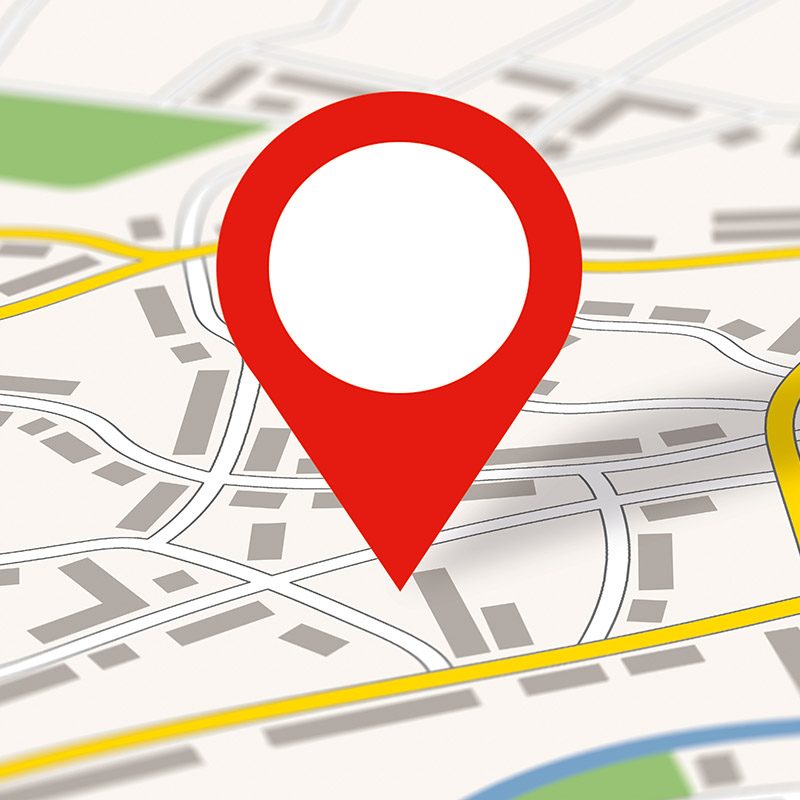
Location identification
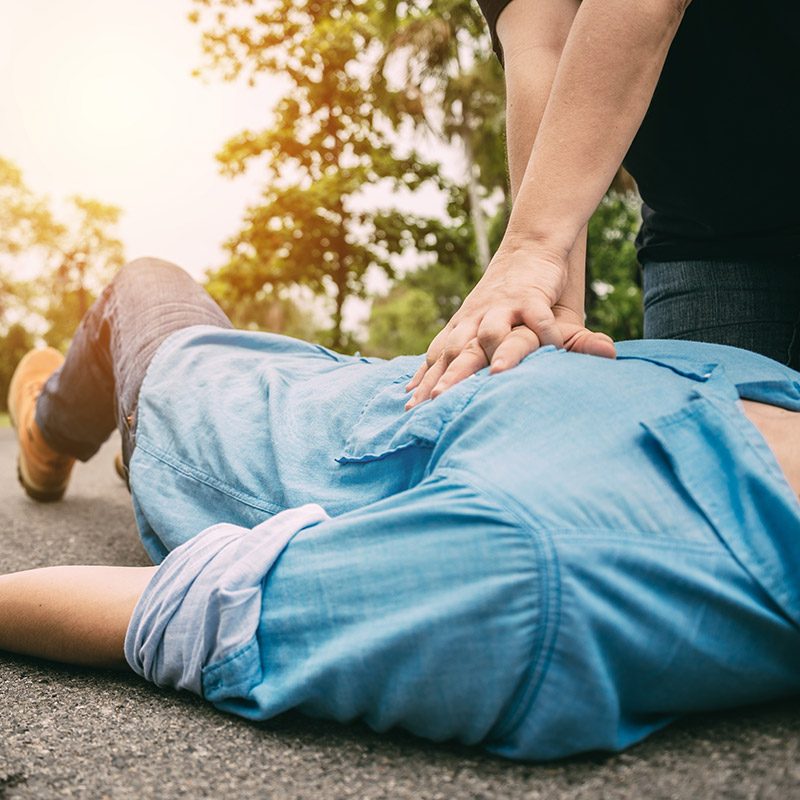
Alert First Responders
Why is the cardiac arrest detection and alerting watch needed?
Over 350,000 people experience out-of-hospital sudden cardiac arrest annually in the U.S. Tragically, only about 10% of cardiac arrest victims survive due to the delay before the victims’s heart can be re-started with an emergency defibrillator.
Tragically, only about 10% of people experiencing out-of-hospital sudden cardiac arrest survive. The total number of deaths is equivalent to the total combined deaths from breast cancer, colorectal cancer, cervical cancer, prostate cancer, diabetes, HIV, Alzheimer’s disease, motor vehicle accidents, assault with firearms, suicide, and house fires.
Response time is the most critical factor since a delay in cardiac arrest rescue by just 5 minutes can cause severe cognitive and functional deficits. Worse, a resuscitation delay of more than 10 minutes is usually fatal.
Survival from sudden cardiac arrest and limiting severe morbidity requires immediate alerting of nearby responders and prompt intervention. With its capability for rapid cardiac arrest detection and alerting of nearest first responders, the broad use of the patented CA Rescue™ Watch offers the potential to significantly shorten the time until resuscitation of the victim is achieved.
The Problem
The probability of survival from a sudden cardiac arrest decreases by about 10% for each minute that elapses until the victim is successfully resuscitated.
In urban areas in the U.S., the average response time for Emergency Medical Services for cardiac arrest rescue is about 7 minutes. In rural areas, response time is even longer, at least 12 minutes. Hence, severe morbidity or death is most often unavoidable due to delays in resuscitation.
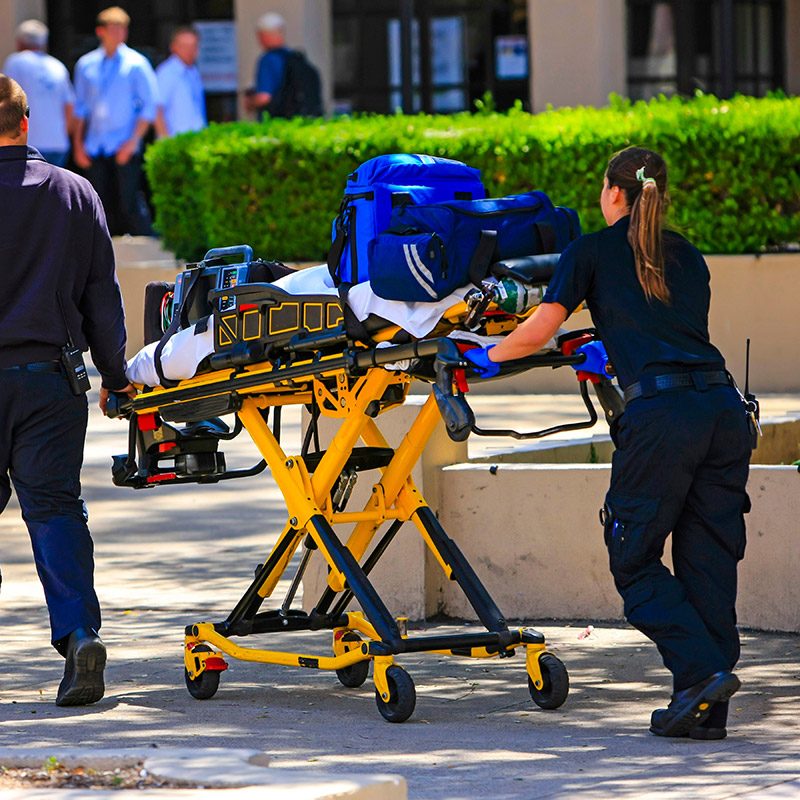
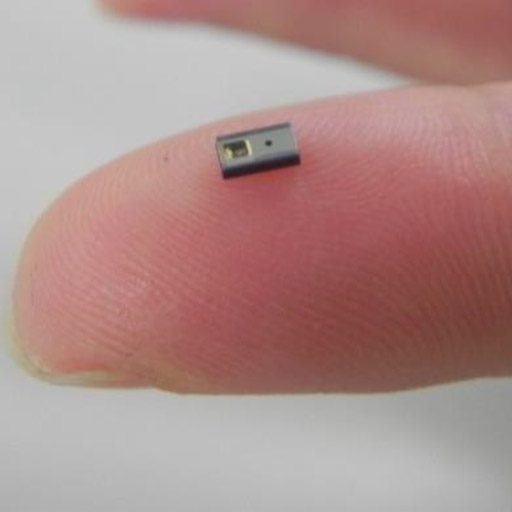
The Solution
The medical research team at Cardiac Arrest Technologies, LLC has now developed, tested, and patented a cardiac arrest wearable device. The CA Rescue™ Watch automatically detects a suspected cardiac arrest event and instantly alerts the nearest first responders as well as the nearest Emergency Medical Services and drone-based Automated Emergency Defibrillator delivery services, if available.
By combining technologies including photoplethysmography-based sensors, miniature laser Doppler-based sensors, GPS, and cellular technology, our cardiac arrest watch can identify an event and quickly notify the closest first responders. This device and notification protocol can speed up response time and save lives as well as extend lives. The rapid rescue of a cardiac arrest victim would enable the subsequent use of reliable and widely available implantable cardiac defibrillator technology to reduce the risk of a future life-threatening cardiac arrest event.
The Next Step
Cardiac Arrest Technologies, LLC is actively seeking partnerships with industry leaders to bring the CA Rescue™ Watch to market.
Combined with the usage of autonomous drones to deliver life-saving automated emergency defibrillators (AEDs), the commercialization of this cardiac arrest patent could significantly impact out-of-hospital response time and survival rates.